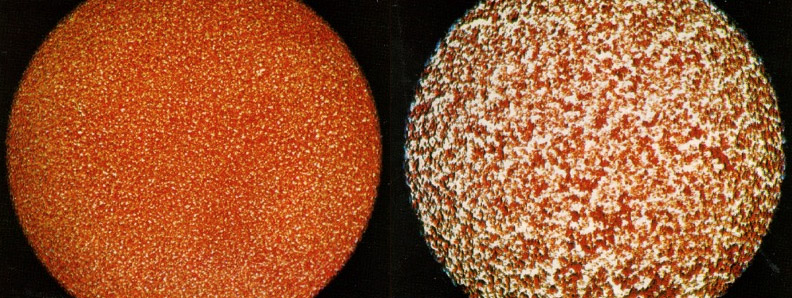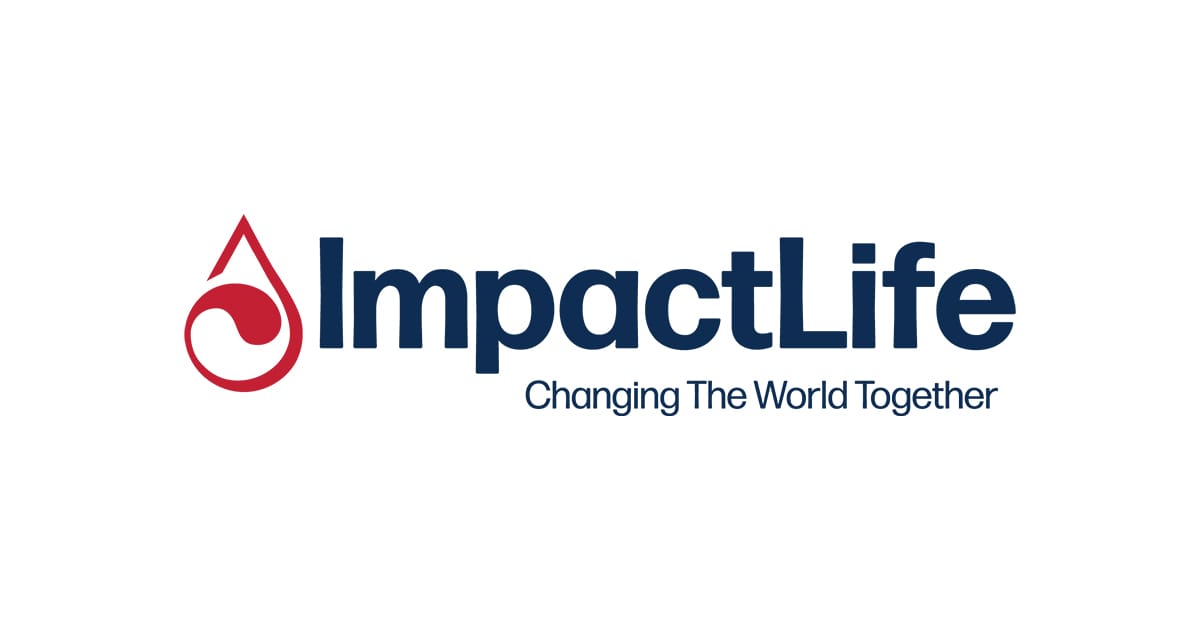dairy and eggs contain lectins tooFurther learning after the blood type diet about PUFA’a and grains I don’t think they are better for anybody, as Ray Peat has gone so far as to say thats grains are “poor people food”, “famine food” and “not optimal”. I don’t think any of those statements are untrue. “A” type blood has poorer digestion so I think grains won’t be more digestible for them than to 0 types. The blood type diet is more about how the body/blood goes into attack mode with different foods, creating lectins which cause fatigue, aches and pain and inflammation and if a person continues to eat those toxic foods they eventually get the diseases they are predisposed to get. After reading the book “Wheat Belly” l was really convinced that there is no good health that comes from eating starches. There is definetly vitamins and minerals to be had, and no denying they are satiating, but they cause more negatives than positives and are not “optimal”. I am an 0 blood type and have done very well on the Ray Peat dieting eating mostly dairy and lots of sugar sources. The blood type diet does not address calcium and blood sugar issues, really just the lectins. It cured aches and pains, but my teeth were suffering from plenty of black beans and no calcium/dairy sources, except for some occasional mozzarella and goat cheese. The blood type was a necessary piece of a puzzle in getting my heath to where I am at now, unlike the keto and other diets that I tried.
starches do not require you to have strong gastric acid which is the supposed blood type A weakness. You need good salivation (and to be among the ethnic groups with high salivary amylase). you also need a functioning pancreas to digest a starch
It's dairy that would be difficult to digest for someone with insufficient stomach acidity because it's alkaline, high water content and contains casein which is extremely difficult to hydrolyse
once again the broad term starch should not be used to exclusively refer to wheat, there is a huge variety of starches that includes non grain starches such as fruit starches (breadfruit and plantain) and tuber starches (potato, yam, sweet potato). Peat has not disapproved of some of these non grain starches and they are very gentle on the gut when cooked thoroughly. Of course, they're also on the forbidden lectin list for blood type A.
no amount of paragraphs and mental gymnastics has so far explained how to eat a Peat diet while also avoiding the food containing lectins that are contraindicated for a blood type A person which include dairy eggs beef lamb shellfish tubers and most tropical fruit
Last edited:



